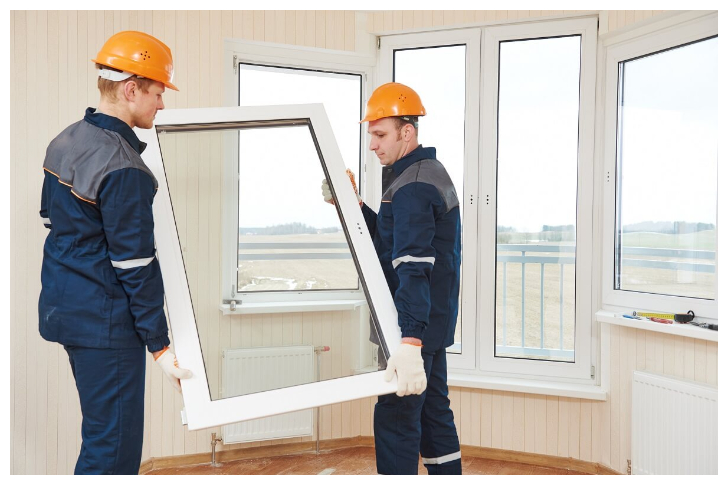A Comprehensive Guide to Window Replacement in the UK
Replacing your windows can be a significant investment, but it’s one that offers numerous benefits.

From improved energy efficiency and soundproofing to enhanced aesthetics and increased security, new windows can significantly upgrade your home. This guide will equip you with the knowledge you need to navigate the window replacement process in the UK, ensuring a smooth and successful project.
Assessing Your Needs
The first step is to identify your reasons for replacing the windows. Are they drafty and causing high energy bills? Do they lack sound insulation or security features? Perhaps you’re looking for a cosmetic upgrade to complement your home’s exterior. Understanding your needs will guide your material selection, window style, and overall budget.
Choosing the Right Window Material
The UK market offers a variety of window materials, each with its own advantages and disadvantages:
- uPVC (unplasticised polyvinyl chloride): The most popular option due to its affordability, low maintenance, and good energy efficiency. However, uPVC windows might not be ideal for period properties.
- Aluminium: Offers a sleek and modern aesthetic, is highly durable, and requires minimal maintenance. However, aluminium can be less energy-efficient than other materials.
- Timber: Provides a classic look and excellent insulation properties. However, timber windows require more maintenance than other options.
Window Styles
The style of your windows should complement your home’s architecture and your personal taste. Here are some popular options in the UK:
- Casement windows: A classic option that opens outwards on hinges.
- Sash windows: Traditional vertical sliding windows, often seen in period properties.
- Tilt and turn windows: Offer both outward opening and tilting functionality for ventilation.
- Sliding windows: Feature horizontal panels that slide open for easy operation.
Building Regulations and Planning Permission
Most window replacements in the UK won’t require planning permission. However, it’s crucial to ensure compliance with building regulations. New windows must achieve a minimum energy efficiency rating, and fire safety regulations might apply depending on the window location. It’s recommended to consult your local building control authority for specific requirements.
Finding a Reputable Window Installer
Choosing a qualified and experienced window installer is crucial for a successful project. Here are some tips:
- Get quotes from multiple installers: This allows you to compare prices and services.
- Check for accreditations: Look for installers registered with competent person schemes like FENSA or CERTASS.
- Ask for references and check online reviews: This will give you an idea of the company’s reputation and customer satisfaction levels.
The Window Replacement Process
Once you’ve chosen your windows and installer, the replacement process typically involves:
- Pre-installation survey: The installer will measure your windows and discuss the project details.
- Window removal and disposal: The old windows will be carefully removed and disposed of responsibly.
- Window installation: The new windows will be fitted and secured.
- Building regulations sign-off (if applicable): The installer will notify the relevant authority for inspection.
Cost Considerations
The cost of window replacement in the UK varies depending on several factors, including:
- Material: Timber windows are generally the most expensive, followed by aluminium and then uPVC.
- Window size and style: Larger windows and more complex styles will cost more.
- Number of windows: Replacing all your windows at once can be more cost-effective than a phased approach.
- Additional features: Security features, self-cleaning glass, and decorative glazing options will add to the cost.







Recent Comments